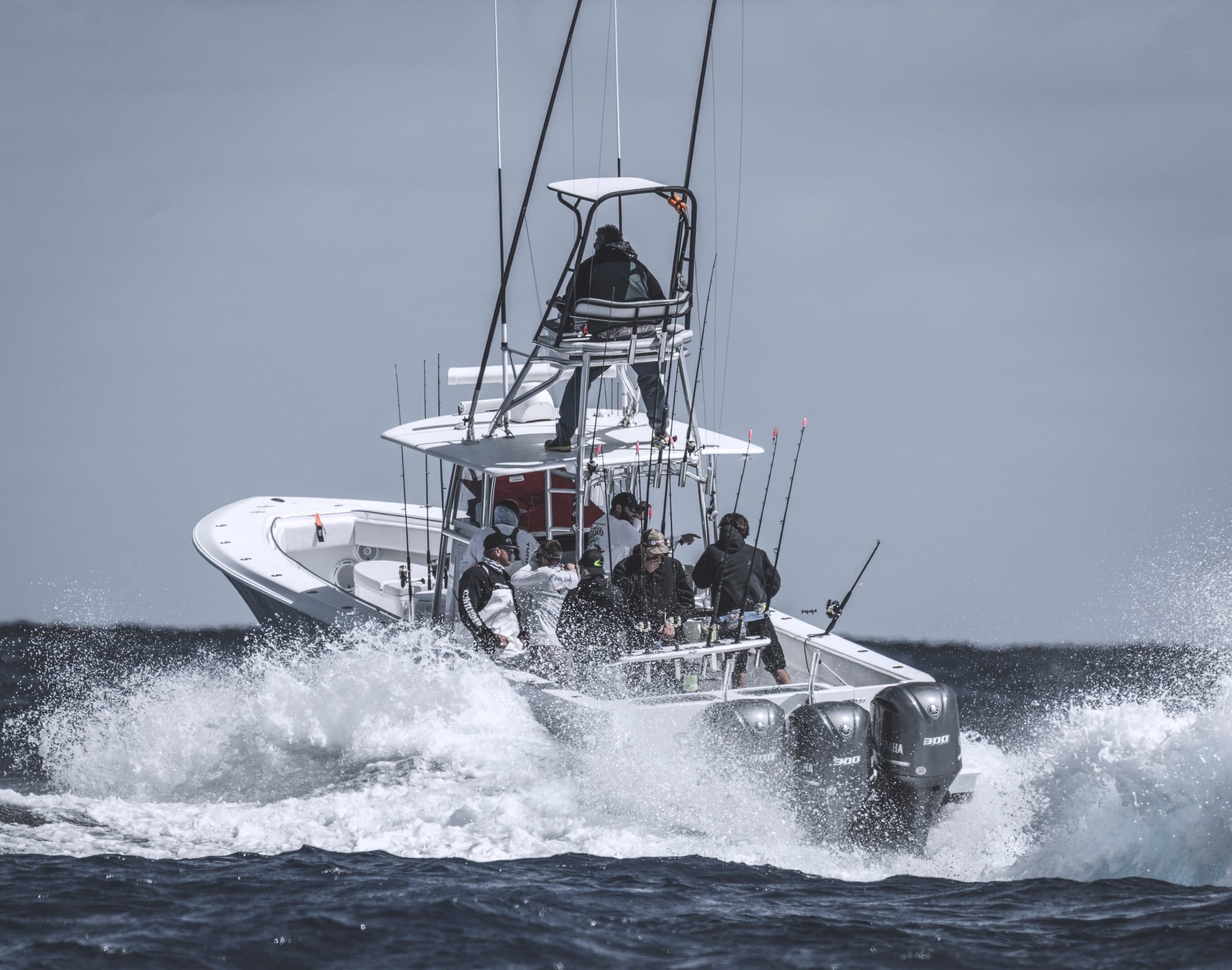
Boat Buying
Everything You Need to Know About Buying a Used Boat
Having a boat is one of life’s great joys. It allows you to enjoy the outdoors, access to remote destinations and an occasion to spend time with friends and family. Whether you’re interested in fishing, watersports or simply relaxing, there are many reasons to consider boat ownership.
Once you’ve decided to buy a boat, the next step is to figure out what to buy and how much to spend. Most of the time you’ll know what type of boat you want based on your intended use. A less simple question is whether to buy new or used. Both options have merit, but it makes sense to think about several factors.
Buying New vs. Used Boats
A new boat will have some advantages in that the condition of the boat is perfect, it comes with a warranty and you’ll have a dealership to help should you encounter any problems. It usually will also offer the latest in technology and design. If the boat you want is a first-year model, buying a new boat may be your only option. However, beyond those points, a used boat is often the savvier choice.
Obviously, A used boat will offer a lower price than a new version of the same boat. New boats will begin a much steeper depreciation from the moment that you drive away from the dealership. A properly bought used boat will already be fully depreciated and in some instances can appreciate. This is important for two reasons. The first is that you will be paying less, which is always great, but the second could be more important. It gives you flexibility if you are financing.
Most often a new boat is “upside down” financially for the first years of ownership. This means that the amount owed for the boat is more than it is worth. If you decide that you want a different boat or want to sell the boat outright, you will need to come up with additional funds to pay the boat loan down to the sales price. Worse, if you need to sell your boat for financial reasons you may not be able to pay down the value. That can end up getting the boat repossessed and a judgment against you for the balance deficiency.
Conversely, a well maintained used boat purchased at market value will give you the flexibility to sell or trade-in the boat at any time. Should you decide on a different boat or to simply sell your boat outright, you will be protected. There are other advantages as well. Buying a used boat vs. a new boat for the same budget will get you more boat. For example, if your budget is $35,000, you could get a new 20’ boat or a two-year-old 24’ used boat. After a couple of trips on the water, both boats will be used in terms of resale value so which would you rather have?
Another advantage of the used boat is that you will likely get extras thrown in with the purchase. Once you buy a new boat, you will need to purchase items such as safety vests, fire extinguishers, anchors, etc. Often those items will be included with the used boat purchase and may also include accessories including, fishing equipment, water skiing equipment, or extra parts. The cost of these extra items can be substantial and can represent a significant savings on top of the lower purchase price.
Where to Buy a Used Boat
There are several good resources to help find a good used boat. They include dealerships, brokerages, websites, and auctions. If you’re looking for a specific boat, it’s a good idea to explore all of them online to get a perspective on value. From a practical standpoint, there are some differences to note.
Often the first aspect to consider is whether to buy from a dealer versus a private party. The advantage of buying from the dealer is that with a business behind the sale it is assumed that the dealership will have checked the boat out and wouldn’t want to sell anything that could damage their reputation. This is not always the case, however. Most dealership sales are sold on an “As Is” basis. That means that as soon as you take possession of the boat, the dealership has no liability for its condition and no warranties are expressed or implied. In addition, many used boats that are sold through dealerships are actually consignments. This means that the dealership doesn’t own the boat and consequently may not be aware of the boat’s condition.

Private party sales can be a good option in that you will meet the current owner. That will allow you the opportunity to determine how the boat was serviced and used. It also gives you a “feel” for the integrity of the owner. The negative aspect of a private party sale is that if the current owner is unscrupulous, you could end up buying a boat with significant problems that were not disclosed.
As in most large purchase decisions, information is of utmost importance. Fortunately, the internet has made gathering information easy and efficient. It’s best to begin using online resources such as Boat Trader, Facebook Marketplace, Yacht World, Craigslist., and other marketplaces. Even if you choose to buy from a dealership, these sites will arm you with current pricing both nationally and locally in order to make you an expert on what the price of your boat should be.
In addition, the NADA website is a free online evaluation resource to give you a sense of what general values are for the boat you are considering. Be cautious with online evaluations, however. They are not always accurate. Having a good-sized sample of similar boats being sold across the country will give you an up to date idea of a boat’s current value.
How to Buy from a Private Seller
Buying a boat from a private seller doesn’t need to be a challenge. Being prepared is the key to a smooth transaction. Once you’ve decided to buy from a private seller you will need the following information:
- Does the seller owe anything on the boat, motor or trailer?
- Does the seller have the titles and registrations?
- Is the boat/motor/trailer in the seller’s name?
These are the basic questions to determine if you should move forward or continue to look for a boat elsewhere. If the seller does not have the paperwork, owes money or doesn’t have it in their name, it’s not necessarily a deal killer, but you will want to know the solution to these issues before you proceed. For more information including a checklist of documents you should have take a look at the SeaDream Used Boat Transfer Kit.
If the buyer owes money on the boat/motor/trailer, you will want to make sure that they are prepared to pay off the loan or pay the balance down to the sales price so that their lien can be paid in full when you buy it. This is especially true if the buyer is “upside down” and owes more on the boat than they are selling it for.
In transactions with a payoff, it’s best to pay the financial institution directly. You wouldn’t want to hand the seller your money only to find out that they never paid off their loan and your boat has their lien still on it. When making payoffs for another person’s loan you will need an Authorization for Payoff form signed by the seller allowing the ownership documents to be sent to you once the loan has been paid off.
Also, if the seller is “upside down” make sure that the seller pays their portion first so that you are guaranteed ownership when your portion is paid. If you are financing the boat, the transaction is usually simplified in that your lender will take care of the payoff and associated paperwork.
What to Ask When Buying a Used Boat
When buying a used boat, there are several questions to address prior to the purchase. As mentioned previously, information is paramount. Once you’ve decided to purchase a used boat, you’ll want to ask some questions before completing the transaction. They include:
- Was the boat or trailer ever involved in an accident or damaged in or out of the water?
- If so, does the boat or trailer have a branded or salvage title?
- Are the service records available?
- Does the boat currently need anything?
- Why is the seller selling the boat?
- Is there anything else a buyer (you) should know?
It’s important to know if the boat was damaged in the past not only to give a sense of condition but also to ascertain if the title is branded or salvage. A branded (e.g. lemon law) or salvage title will significantly devalue the boat and is generally impossible to finance and difficult to insure. Even if you are paying cash for the boat, when you decide to sell, you will limit the number of prospective buyers.
Asking open ended questions such as, “Is there anything else I should know?” is a great way to get any additional information you may not have considered. The response can give you information ranging from the condition of the boat to the necessity of the sale. These answers may prove valuable while negotiating the price or deciding whether or not to buy the boat.
Getting the Boat Checked Out
Once you’ve decided on a used boat, it’s a good idea to get it checked out. If you are a master mariner with many year’s experience, you may be able to check it out yourself. If you’re not however, it makes sense to get a second opinion. Boat inspections will vary based on the time and expense required to perform the inspection.
Generally, the more you spend on the inspection, the more detailed analysis you can expect. There are exceptions however as a boat is made up of different systems and not all inspections will review all systems. The most common of which is the motor and propulsion versus the hull, interior and electronics.
A basic inspection will review the overall condition of the boat including running of the motor but not necessarily the compression or leak down of the motor. This is something to consider in that the motor may sound and run well but the internals of the motor may be worn. Having a more detailed motor inspection will give you additional information which could prove extremely helpful in your purchase decision.
A NAMS or SAMS certified survey is generally recognized as the industry standard for a quality inspection and sometimes required for financed purchases. Be mindful however that a NAMS or SAMS survey does not necessarily include a mechanical inspection.
How to Finance a Used Boat
As with most large purchases, the vast majority are financed. Used boat financing is a bit more involved than buying a car but recent changes in the lending marketplace have made boat loans easier to get approved than they have been in the past. Due to the discretionary nature of the purchase, marine lenders are cautious but there are programs available for varying credit profiles including bad credit. That does not infer that every application will be approved, however a significant amount will be.
For applicants with challenged credit, marine lenders are looking for applicants that have had previous credit issues but have been in good shape recently. Generally, most challenged credit programs look for minimum credit scores of 550 however in some cases they will offer additional flexibility.
One advantage of a boat loan is that the loan can be written with long payment terms. For example, a $30k car loan may have a maximum term of 72 months, however a $30k boat loan may be written for up to 180 months. Since the loans are offered without prepayment penalties, a buyer can take the longer terms, making the minimum payment low but having the flexibility to pay more without penalty.
Financing a boat will also give you a professional to work with you through the process. This will help to minimize mistakes and assist with the work associated with the purchase. Having a marine lender in your corner is also nice to double check that the price is fair. If your lender doesn’t think you’re getting a good deal it might make sense to renegotiate or look elsewhere.
Final Thoughts on Buying a Used Boat
Buying a used boat shouldn’t feel like a chore. Once you’ve identified the boat you want and you have a budget it’s just a matter of gathering in the information outlined above to make a smart purchase decision and to ensure you have the proper paperwork.
Being armed with the proper knowledge will allow you to relax and enjoy the process because that’s the whole point, right? Getting out on the water should be about enjoyment.
Other Articles by Thomas Schumacher
Leave a Reply
You must be logged in to post a comment.


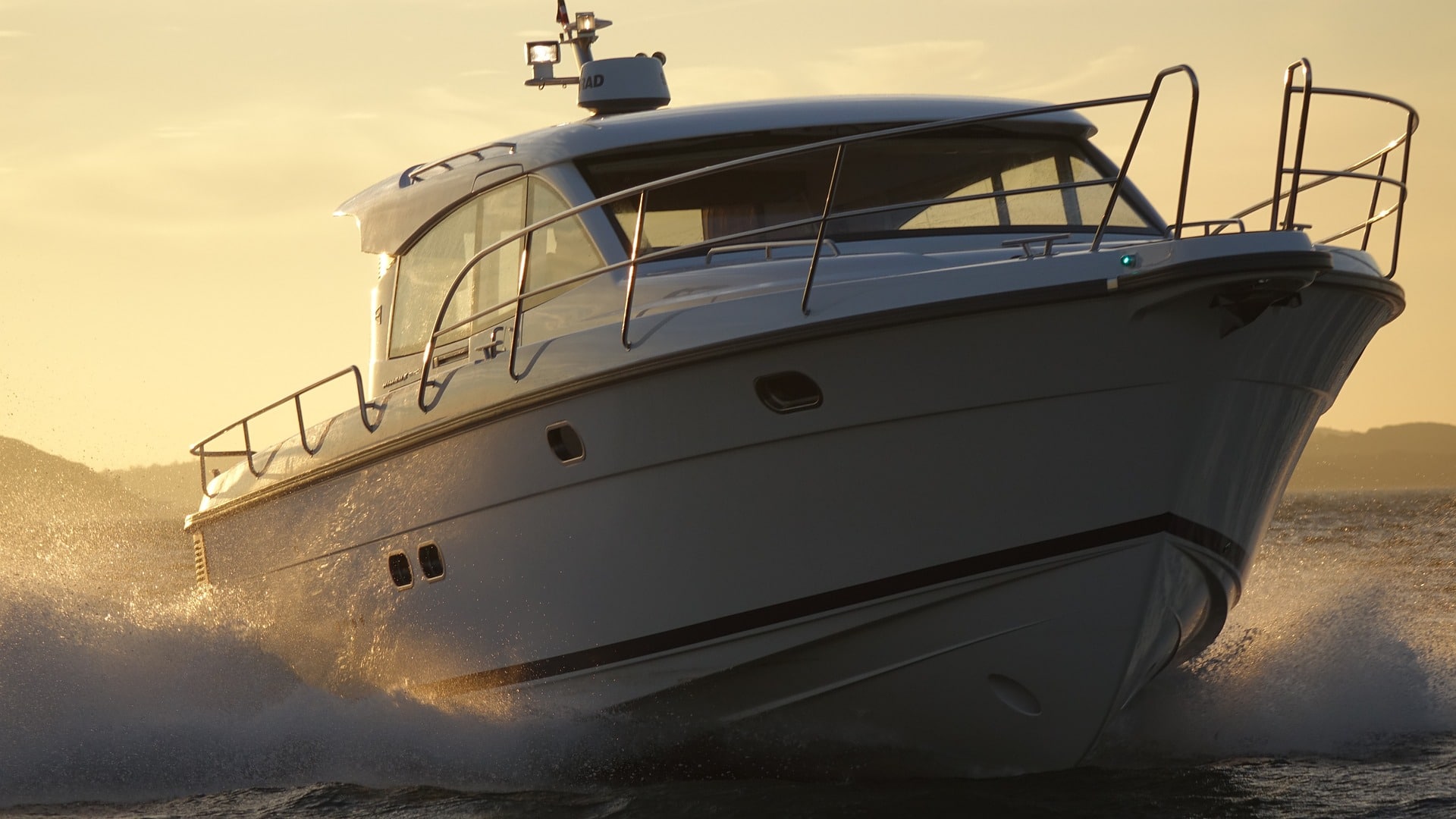
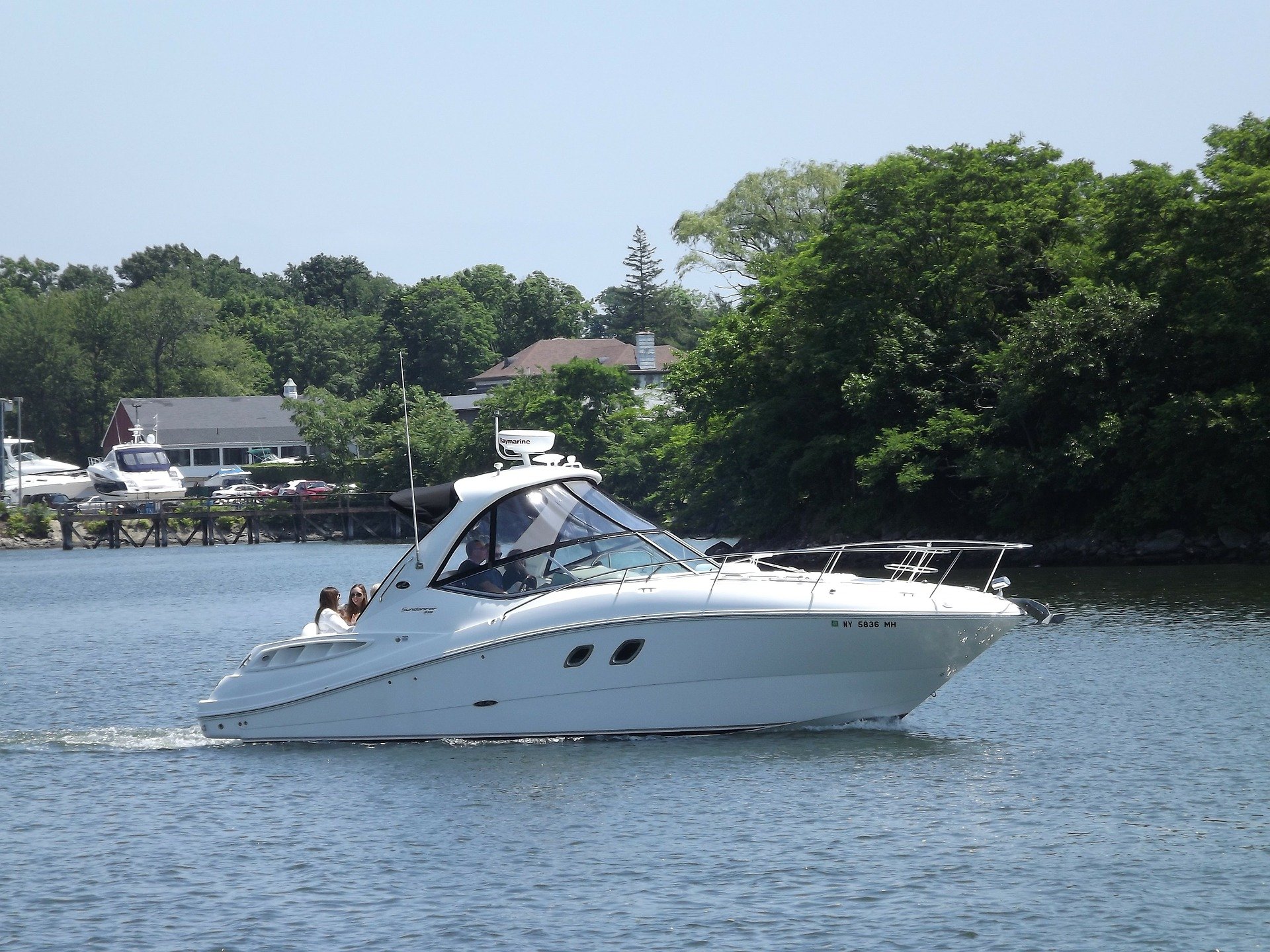
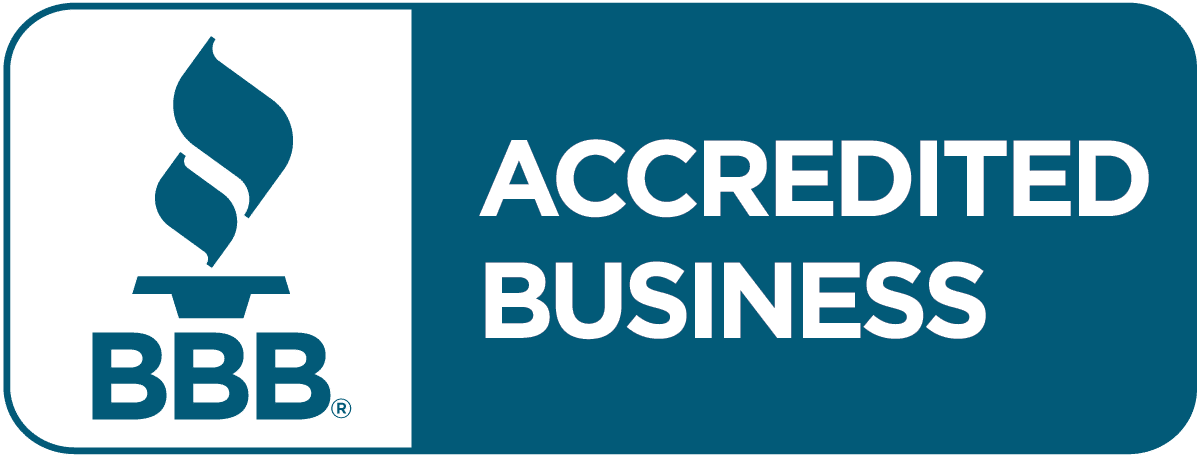
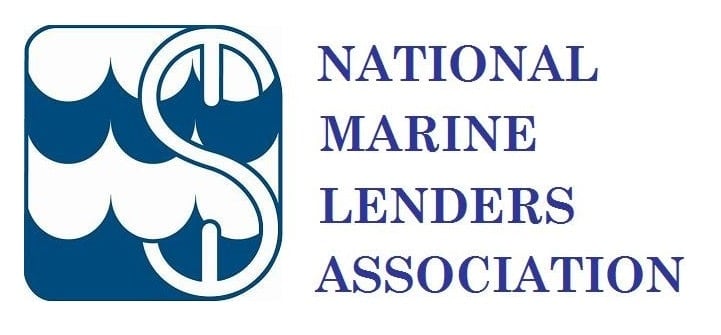
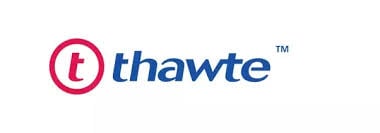
You made a good point that it’s also important to know that reason for selling when browsing for a used boat. I’d like to go boating once in a while during this year’s summer so that I can go to a place that isn’t that hot for leisurely activities. Hopefully, I will be able to find one that’s pretty useful for fishing.